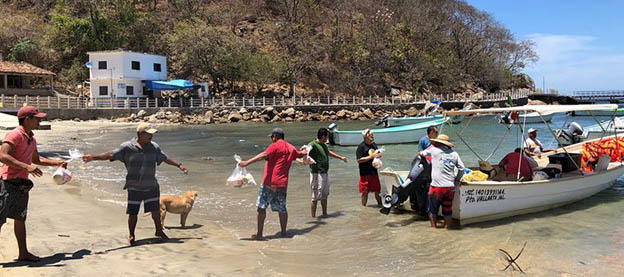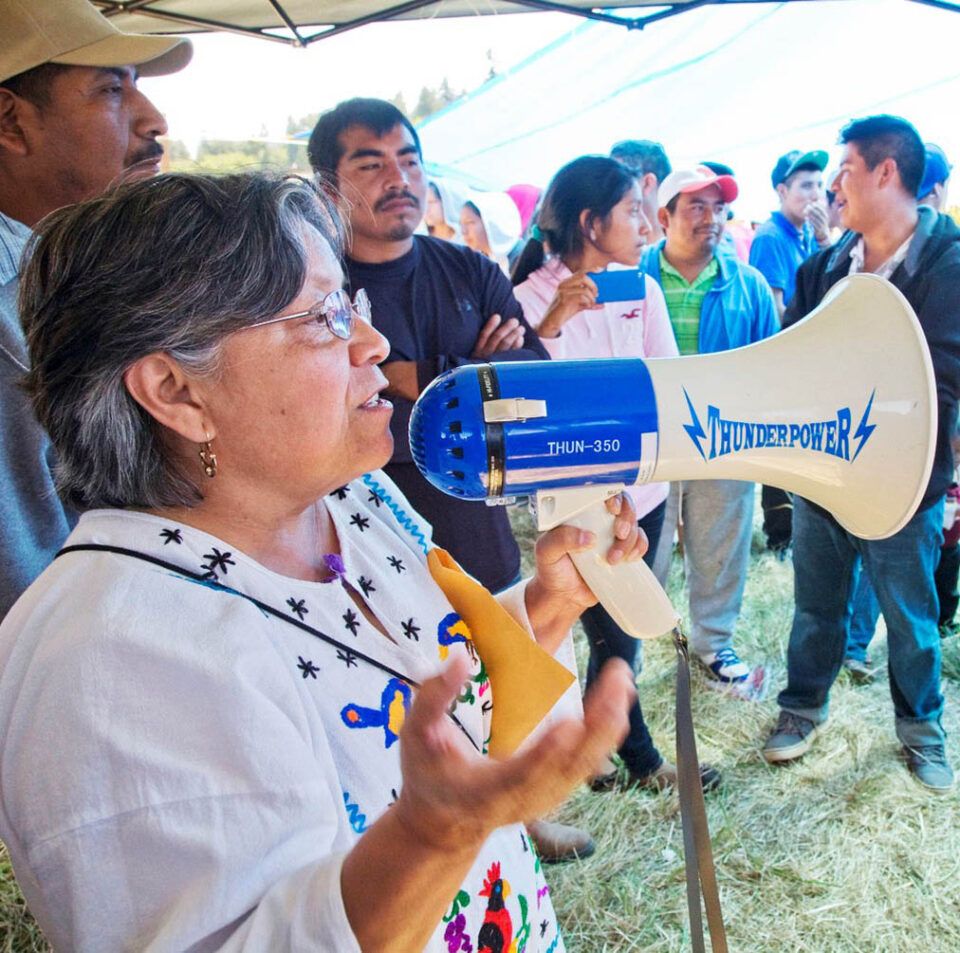The weekly newsletter of the México Solidarity Project

May 19, 2021/ This week’s issue/ Meizhu Lui, for the editorial team
In one of Marge Piercy’s most beloved poems, To Be of Use, she writes: “The pitcher cries for water to carry/and a person for work that is real.” In a world where people labor for less and less to create more and more for those who already have too much, that real work remains elusive. “Work” has become instead a four-letter word, to be spat out with anger, disgust, and fear. For so many of us, work feels like a life sentence.
Some of us do find the real work we long for — in retirement, if we end up among the lucky ones who live that long and can afford to go without a paycheck. One factory worker friend of mine, relieved to reach retirement, confided that he was going to volunteer with Habitat for Humanity and build houses for the poor. He had always wanted to use his skills to help others. In this past pandemic year, many other folks have found time to fill food bags and distribute them to needy families, as in the volunteer Vallarta program pictured above. We love to make things with — and for — others.
The key difference between these voluntary activities and the way we earn money? In this week’s interview, farmworker and organizer Rosalinda Guillen names one aspect of that difference: love of your trade, your craft, your profession. She’s seen the love of working in nature squeezed out of farmers forced to harm the earth — and themselves and others — using techniques they know will always be deeply wrong.
Workers like those at the Tridonex auto parts factory in Matamoros illustrate another difference between the work we cherish and the work we hate. “Work” becomes at best a necessary evil when our employers treat us like mechanical cogs on an assembly line rather than as human beings with intelligence, family lives, and the need to occasionally use the bathroom. Work becomes a heavy and horrible burden when we have no collective organization to help us regain our humanity.
The voluntary activities we do not call “work” both produce what we need and fulfill our human longing “to be of use.” Farmers and workers in México and worldwide are crying out against those who would deny this basic right — this joy — of doing “work that is real.”

Rosalinda Guillen, a veteran rural justice organizer born in Texas, spent her first decade in Coahuila, Mexico. Her family then emigrated to Washington state in 1960 where the ten-year-old Guillen began working in the fields of Skagit County. Guillen would later organize with Caesar Chavez’s UFW and go on to represent farmworkers on issues ranging from immigration to food sovereignty. The organization she founded, Community to Community, is now building broad support for rural people and sustainable agriculture policies that ensure equitable and healthy communities for farmworkers — and all of us who depend on them for our daily breaad.

To read the rest of this exciting bulletin click here!